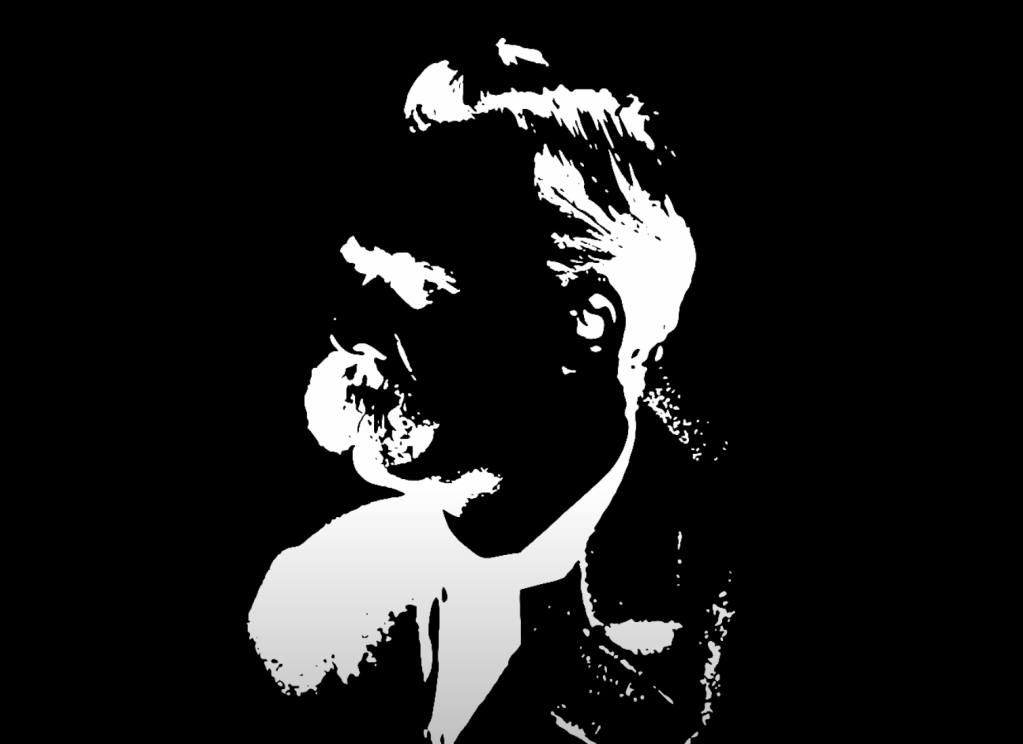In perhaps the most overlooked mythical invention of all time, Plato, in deep mourning for his buddy and tragic philosopher Socrates went ahead and created the best form of political control imaginable: hell. What Socrates’s death represented was the failure of the polis to operate with the philosopher; i.e. with models of deliberation and free thought without the onset of violence.
Plato, ever the dialogue-based philosopher gave up all of the dialogues after Socrates died, in large part, and focused instead of writing his way out of the mourning. As Hannah Arendt points out, “the myth of hell was created in the end of the Republic for those who could not handle philosophical truth.” Hell was created as a myth to promote a form of nonviolence as the foundation of politial decision making. Plato’s invention of hell was a way for citizens to have a new system of rewards and punishments in the hereafter, thus it was a coercive device to promote a new form of democracy. It might also be this invention, not of hell exactly, but of forms of coercion that seek to control the unruly citizenry that has left many pondering on Plato’s totalitarianism.
It’s important to note the context of the cosmology of the Greeks at the time. Their view of the human condition was such that there is no possible change to the material conditions in life. Men are born throughout the centuries to a natural or historical spectacle that essentially always stays the same. Indeed, in Greek times, freedom relied on being in the presence of one’s peers. This is how all citizenship was developed, out of dialogue and deliberation.
All of that changed with Socrates’s death, it is Socrates’s death that not only gives us hell, it gives us religion. Religion is thus founded upon the ashes of mourning for philosophy. Philosophy may not be founded as much on a failure as Simon Critchely is fond of saying, as much as it is founded upon an unmournable death.



Leave a comment